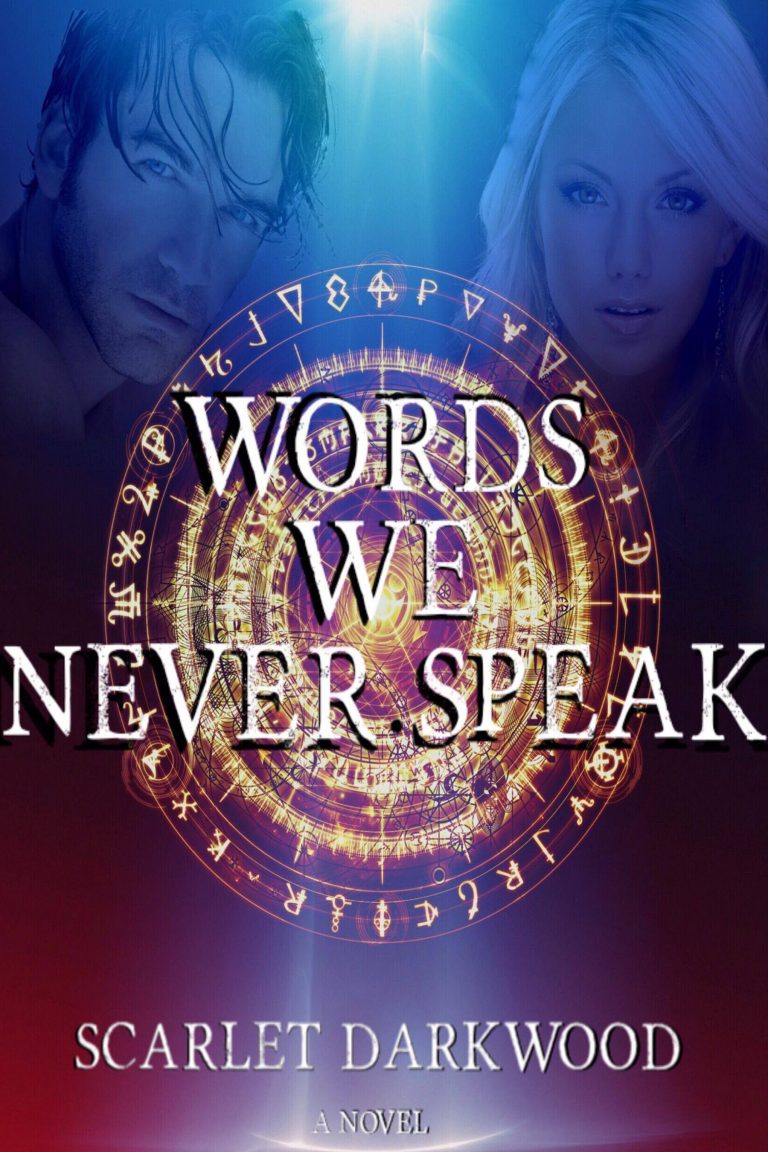Words We Never Speak Is Published!
This is the release of my supernatural romantic suspense novel. I say supernatural because it’s not your vampire/werewolf read. It’s a ghost story with a twist, but it mostly reads like a romance. You like the occult? There are some elements of that going on in this book, with a tidbit of horror, the creepy kind that…






